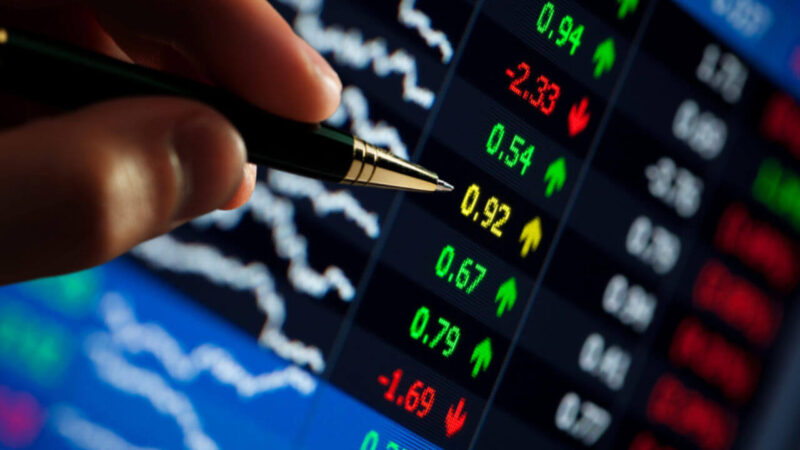Almost two months after the start of the war in Ukraine, which began on February 24, analysts and investors are already beginning to give less weight to the geopolitical conflict in expectations regarding the future of the markets.
According to “elEconomista”, it is companies associated with the health sector, basic resources and energy, which have been able to create the most positive movements on the stock exchanges since the beginning of the attacks. In contrast to these, companies associated with the retail or automotive sector were the hardest hit.
The post gives the example of Bayer, a pharmaceutical company, which, thanks to its defensive nature, has already risen by 17% since the beginning of the conflict. For its part, the Spanish electric company Iberdrola has already registered a growth of 10%, despite the regulatory problems faced by companies in the sector.
On the other hand, banks ING and Intesa Sanpaolo, along with car manufacturers Volkswagen and BMW and textile fashion company Inditex, have been the most exposed to sanctions recently.
However, the measures are not the only ones affected, as the Spanish website explains. Bearing in mind that there are many European stock companies that are in any way exposed to countries at or near war, earnings and revenue forecasts have also been cut to more than half the values, according to “FactSet”.
‘elEconomista’ gives an example of Lufthansa and Wizz Air as having to post a larger drop in net profit in 2022, than forecasts made before the war, not only because of lower air traffic and a sharp increase in petroleum. .

“Wannabe internet buff. Future teen idol. Hardcore zombie guru. Gamer. Avid creator. Entrepreneur. Bacon ninja.”

